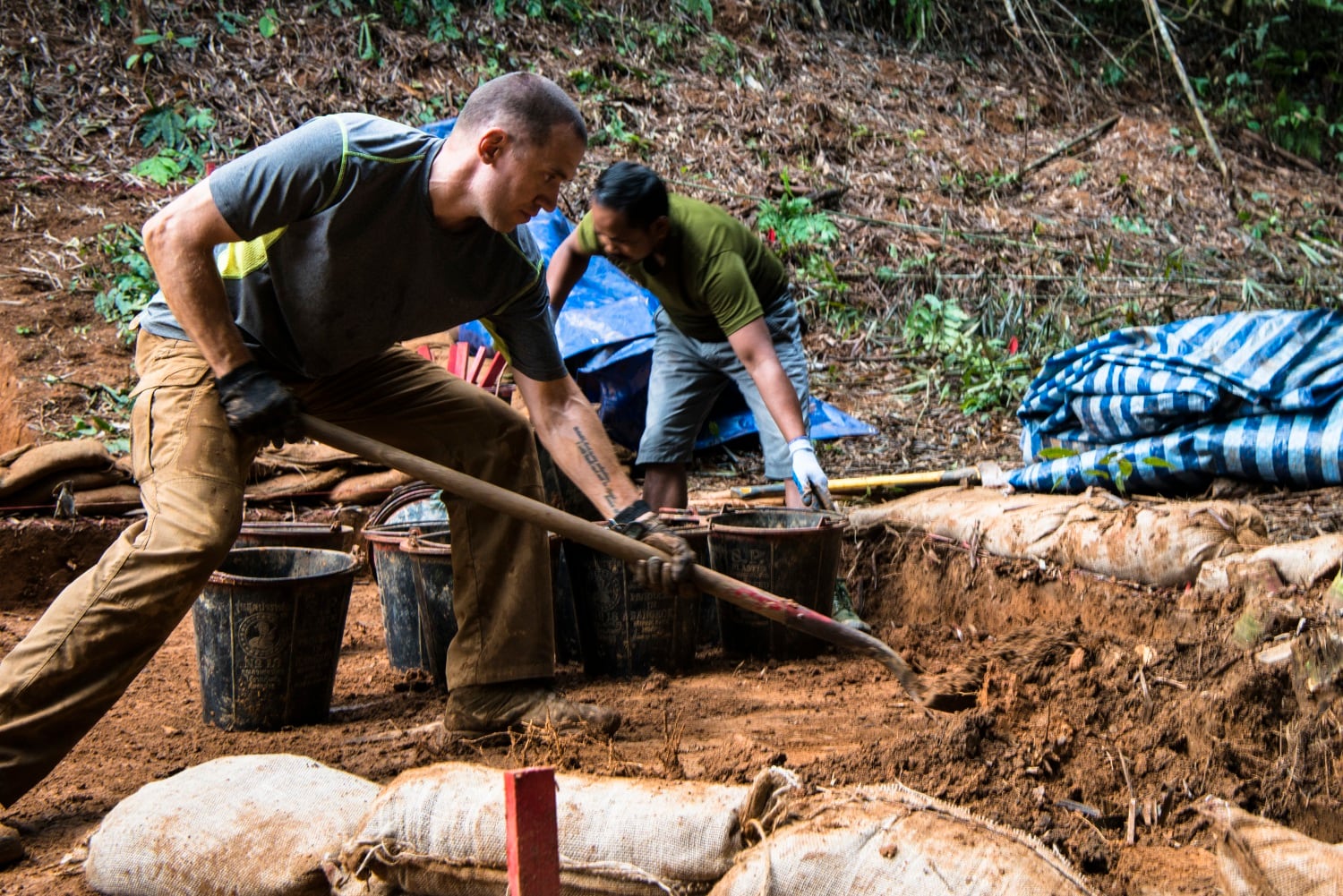PHNOM PENH, Cambodia — Cambodian Prime Minister Hun Sen said Thursday he will retaliate against a U.S. halt on the issuing of most visas to senior foreign ministry officials and their families by suspending missions by U.S. military-led teams searching for the remains of Americans missing in action from the Vietnam War.
Cambodia’s pro-government Fresh News website reported that Hun Sen said cooperation with the United States on the MIA search would be suspended until the two countries resolve several issues, especially the visa ban. Government spokesman Phay Siphan confirmed the report.
The U.S. government lists 48 Americans still unaccounted for in Cambodia.
The dispute comes at a time of sharp tensions between Hun Sen’s government and Washington. As part of a general crackdown on critics ahead of next year’s general election, Cambodian authorities recently arrested the head of the main opposition party, the Cambodia National Rescue Party, and accused the United States of colluding with him to overthrow the government.
The United States has rejected the accusation and criticized the arrest, along with a crackdown on the media that shut an independent English-language newspaper and about a dozen radio stations that broadcast opposition voices or programming by the U.S. government-financed Voice of America and Radio Free Asia.
The U.S. Embassy instituted the visa ban on Wednesday, saying that Cambodia had refused or delayed accepting Cambodian nationals being deported by the United States after being convicted of crimes. Similar measures were taken against the African nations of Eritrea, Sierra Leone and Guinea.
Hun Sen said in an interview with Fresh News that the foreign ministry would send a notification of the MIA search suspension to the U.S. in the near future. Earlier Thursday, the ministry denied that Cambodia had halted or delayed the acceptance of deportees, saying its main interest was amending a 2002 agreement under which it agreed to take them.
Hun Sen described the repatriation of convicts from the United States to Cambodia as an action that “breaks apart parents and children” and is “bad and inhumane.” He said some of the repatriated Cambodians had committed suicide.
Some human rights groups agree and note that some convicts had spent little time in Cambodia, going to the United States as children.




